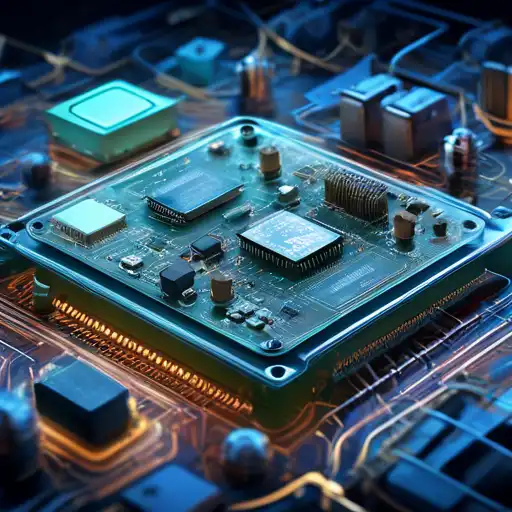The Hidden Power of Embedded Systems in Modern Smart Devices
Embedded systems are the cornerstone of today's smart devices, acting as the invisible brains that power everything from your smartphone to your smart fridge. These specialized computing systems are designed to perform dedicated functions within larger mechanical or electrical systems, often with real-time computing constraints. Unlike general-purpose computers, which are designed to handle a wide range of tasks, embedded systems are optimized for specific tasks, making them more efficient and reliable for their intended applications.
Understanding Embedded Systems
At their core, embedded systems consist of a microcontroller or microprocessor that runs dedicated software tailored to the device's needs. These systems are embedded as part of a complete device, often including hardware and mechanical parts. The software written for embedded systems is typically referred to as firmware and is stored in read-only memory or flash memory chips.
Applications of Embedded Systems
Embedded systems are everywhere. They control the functions of devices we use daily, such as:
- Smartphones and tablets
- Home appliances like washing machines and microwaves
- Automotive systems in cars, including airbag controllers and anti-lock braking systems
- Medical devices such as pacemakers and MRI machines
Their ability to perform specific tasks efficiently makes them indispensable in the modern world.
The Role of Embedded Systems in IoT
The Internet of Things (IoT) has significantly expanded the role of embedded systems. By connecting devices to the internet, embedded systems can communicate with each other, enabling smart homes, smart cities, and industrial automation. This connectivity allows for real-time monitoring and control, making our lives more convenient and industries more efficient.
Challenges and Future Directions
Despite their widespread use, embedded systems face challenges such as security vulnerabilities and the need for more power-efficient designs. However, advancements in technology are addressing these issues, paving the way for more sophisticated and secure embedded systems. The future of embedded systems lies in their integration with artificial intelligence and machine learning, enabling even smarter devices that can learn and adapt to user behavior.
Embedded systems may not be visible to the naked eye, but their impact on our daily lives is undeniable. As technology continues to evolve, the role of embedded systems in powering smart devices will only grow, making them a fascinating area of study and innovation in the tech world.
